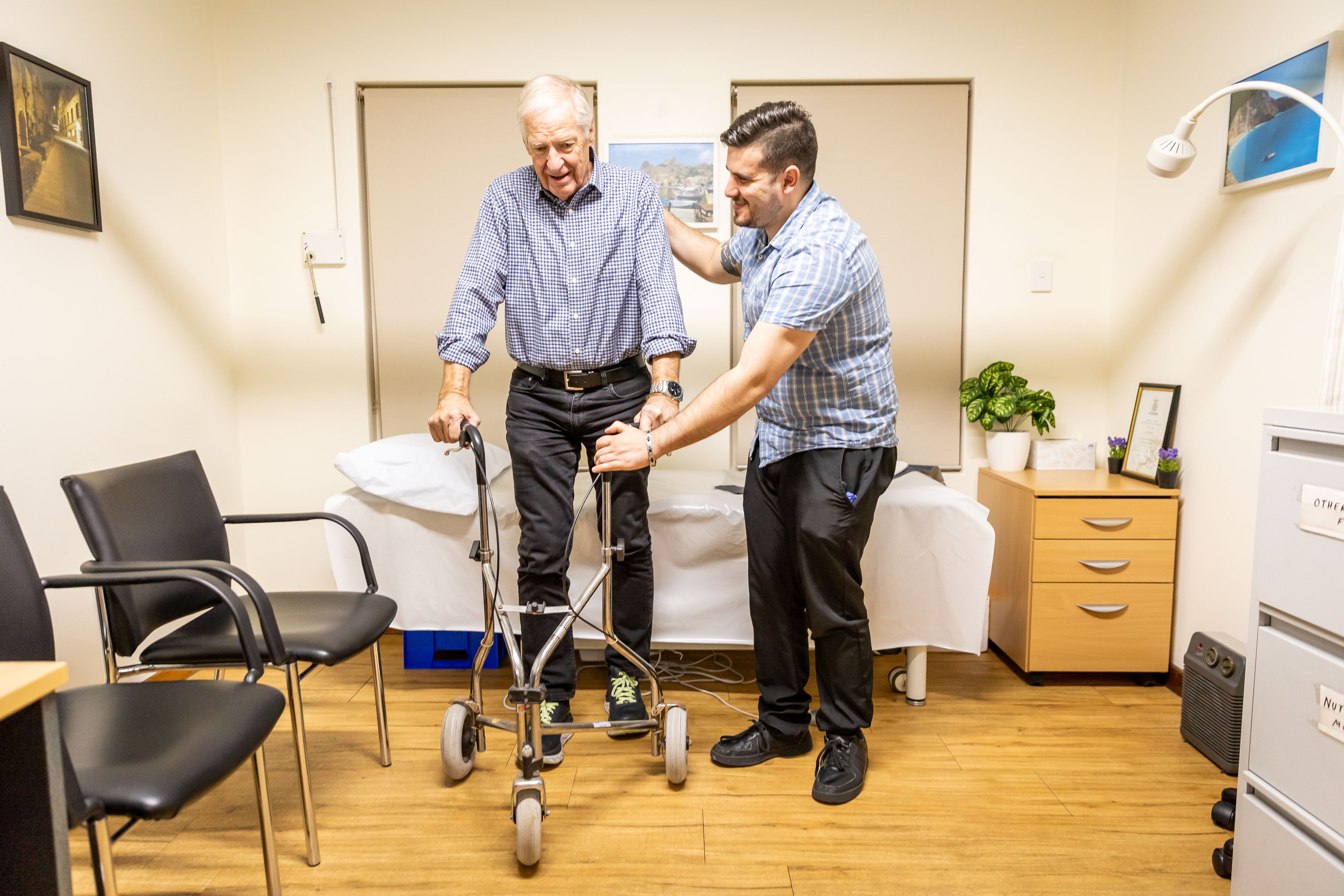Our support work in Canberra
Most of our aged care support work is basic domestic assistance to help clients live independently and safely at home. Whilst most of our aged care clients require low level assistance, others have more complex clinical needs. For these cases we provide client specific training to ensure that we are looking after our clients as best as possible. We also provide palliative care support and work closely with mothers and babies in the ACT, as well as veterans groups and people with differing abilities (NDIS funded).
Why join our community?
Join the Alliance team for:
- A communtity of fun, like-minded people.
- Flexible shifts around your lifestyle.
- Competitive hourly rates + weekly pay.
- Mix of casual + permanent shifts, full or part-time.
- Training & development opportunities, including free access to our online training.
- Ongoing support from your allocated coordinator and our clinical team.
- Data allowance paid weekly.
- Mileage reimbursement when travelling between clients.
- Employee Assistance Program (EAP), a free and confidential counselling service that is available 24/7.
Now you know what we offer, here is more detail on what your day-to-day job could involve.
Join our team!
What will a typical day look like?
Wondering what you will be doing day-to-day? When it comes to support work, variety is definitely the spice of life!
Each client will have different needs, but one of your main responsibilities is to socialise with them and be a companion and friend. This includes chatting and interacting with them and providing emotional support. These interactions can have a positive impact on a client's mental health and overall well-being.
You will also have to take care of daily chores like general cleaning, housekeeping, and cooking. Many clients will also need help with personal care tasks such as showering, shaving and getting dressed. Clients also may need to be driven to medical appointments, events in the community, or down to the local shops.

What's required to do this role?
Need to know what boxes you need to tick?
- You must have or be willing to obtain a Police Check, Working With Children Check (WWCC), NDIS Workers Check and First Aid Certificate
- Proof of identity (100 points)
- Many roles will also require you own, or have access to a registered and insured car, to transport clients to medical appointments and social activities in the community.
- You need to be willing to travel between client homes throughout your shift
- If you are working with clients that have more complex needs such as clients funded by the NDIS/ICare/HCP, you will need a Cert III in Individual Support, Aged Care, Disability or Community Care.